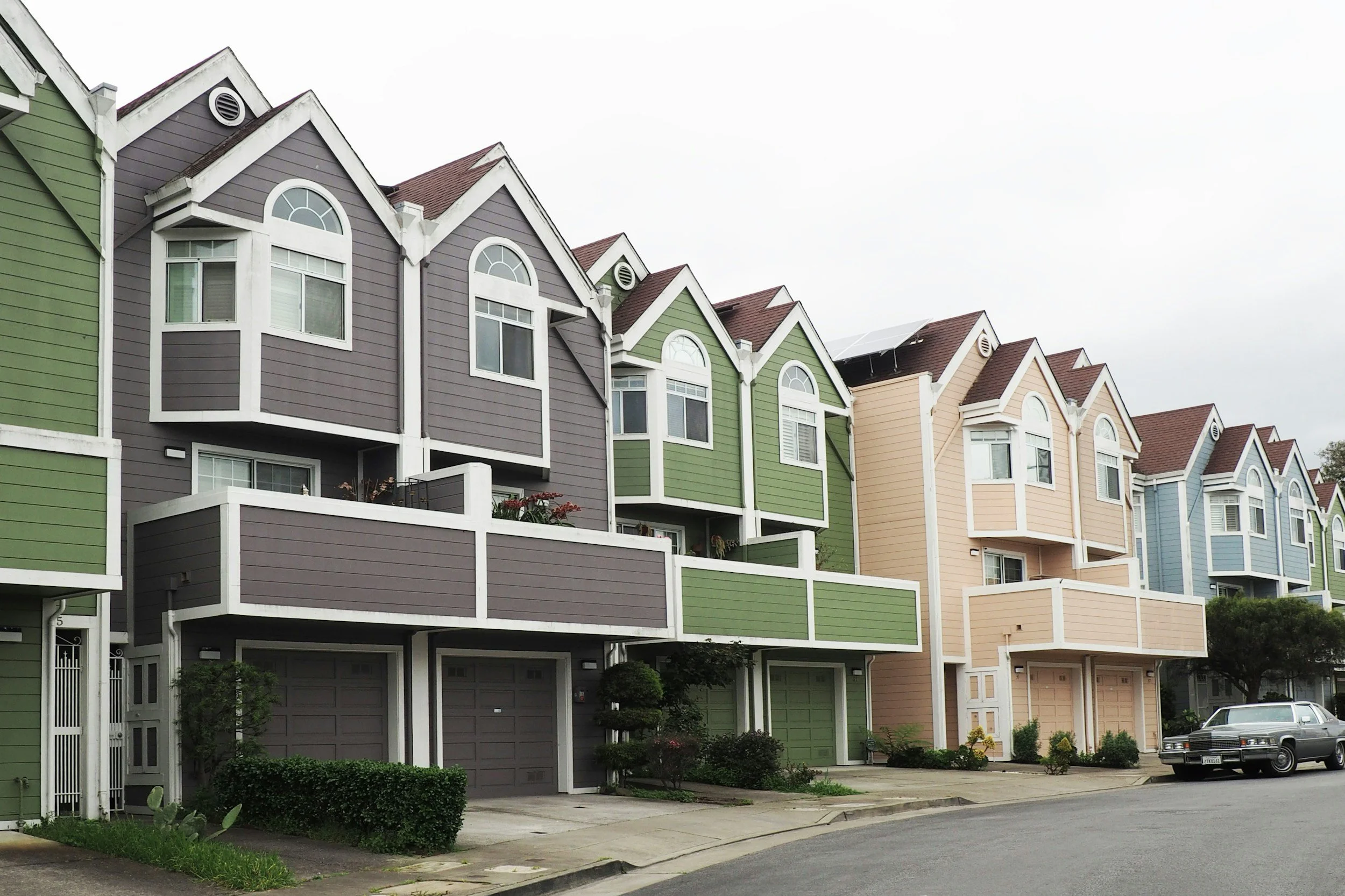Affordable housing is mental healthcare
In the intricate mosaic of public health, housing stands as a foundational tile—one that, when unstable or unaffordable, can fracture the mental well-being of individuals and communities alike. As the United States grapples with escalating housing costs and a burgeoning mental health crisis, it's imperative to recognize that affordable housing isn't merely a matter of economic policy; it's a critical component of mental healthcare.
The Psychological Toll of Housing Instability
Housing instability manifests in various forms: exorbitant rent burdens, frequent relocations, overcrowded living conditions, and the looming threat of eviction. Each of these stressors can precipitate or exacerbate mental health issues. A study analyzing data from the National Longitudinal Study of Adolescent to Adult Health found that renters struggling to afford housing costs were significantly more likely to report symptoms of depression and anxiety, both in the short term and up to eight years later.
Eviction, in particular, has been linked to profound psychological distress. Research indicates that individuals who experience eviction are more likely to suffer from depression, anxiety, and suicidal ideation. The trauma of displacement disrupts social networks, erodes self-esteem, and instills a pervasive sense of insecurity.
Affordable Housing as a Therapeutic Intervention
Conversely, access to stable and affordable housing serves as a buffer against mental health deterioration. Secure housing provides individuals with a sense of control, safety, and belonging—all essential elements for psychological resilience. The National Housing Conference highlights that affordable housing can alleviate stressors related to financial burden and frequent moves, thereby supporting mental health.
Moreover, affordable housing frees up financial resources for other necessities that contribute to mental well-being, such as nutritious food, healthcare, and education. By reducing the economic strain, individuals can focus on personal development and community engagement, further enhancing their mental health.
Supportive Housing: Integrating Services for Holistic Care
Supportive housing models, which combine affordable housing with access to mental health services, substance abuse treatment, and other supportive services, have demonstrated significant success. For instance, the Housing First approach prioritizes providing permanent housing to individuals experiencing homelessness, without preconditions such as sobriety or employment. This model has been associated with improved mental health outcomes, reduced substance use, and decreased reliance on emergency services.
In Seattle, a Housing First program for chronically homeless individuals with severe alcohol problems resulted in a 53% reduction in healthcare and social service costs, amounting to nearly $2,500 in monthly savings per person. These findings underscore the cost-effectiveness of integrating housing with mental health services.
Policy Implications: Housing as Preventative Mental Healthcare
Recognizing affordable housing as a form of mental healthcare necessitates a paradigm shift in policy-making. Investments in affordable housing should be viewed not only as economic or social welfare initiatives but as preventative mental health strategies. By ensuring access to stable housing, policymakers can mitigate the onset of mental health disorders and reduce the burden on healthcare systems.
Programs such as the Housing Choice Voucher Program (Section 8) and the Low-Income Home Energy Assistance Program (LIHEAP) play crucial roles in supporting housing stability. Expanding and adequately funding these programs can have far-reaching impacts on mental health outcomes across the nation.
Affordable housing is more than a roof over one's head; it's a cornerstone of mental health. By addressing housing affordability and stability, we tackle one of the root causes of psychological distress. As the nation seeks solutions to its mental health crisis, integrating housing policy with mental health strategies offers a holistic and effective path forward.




















